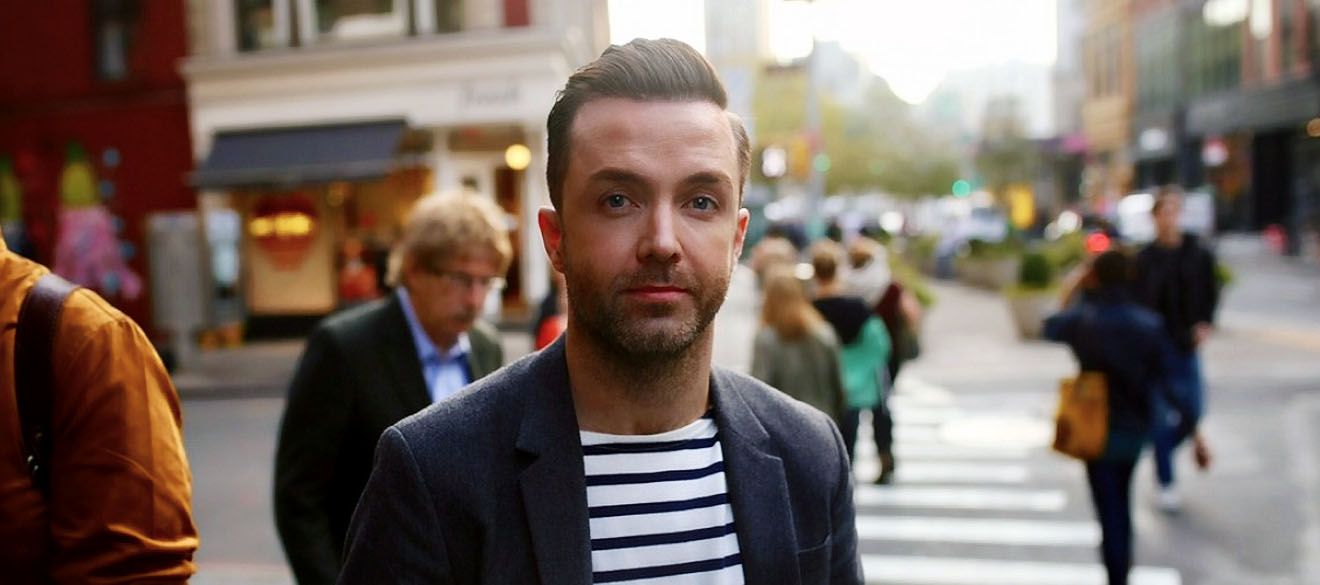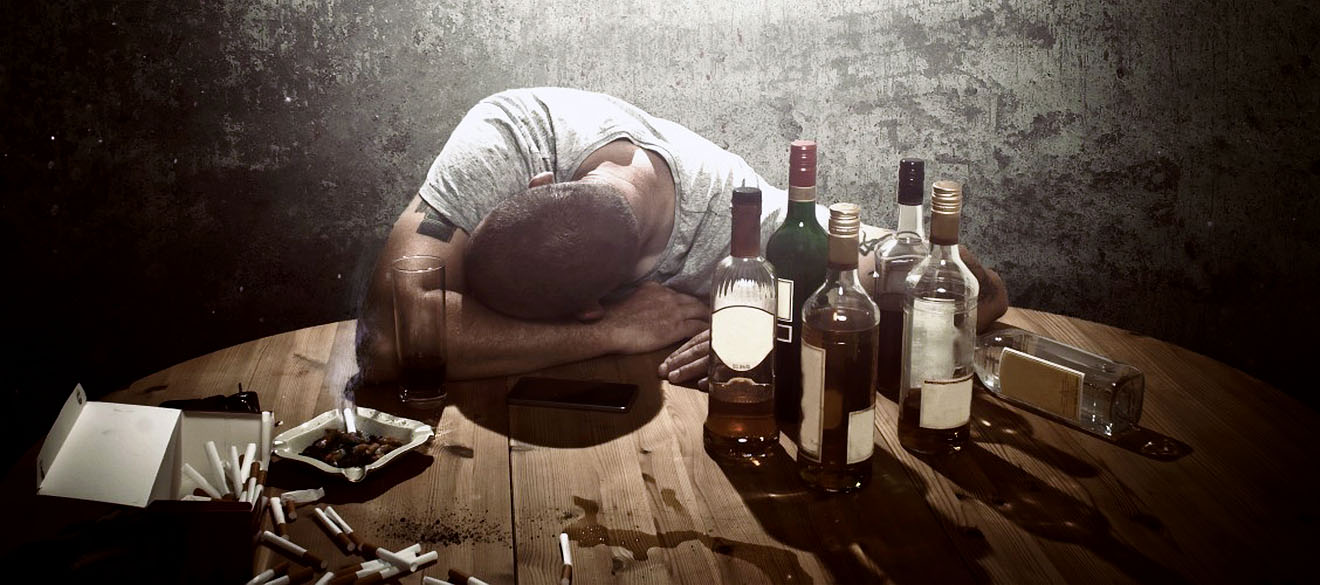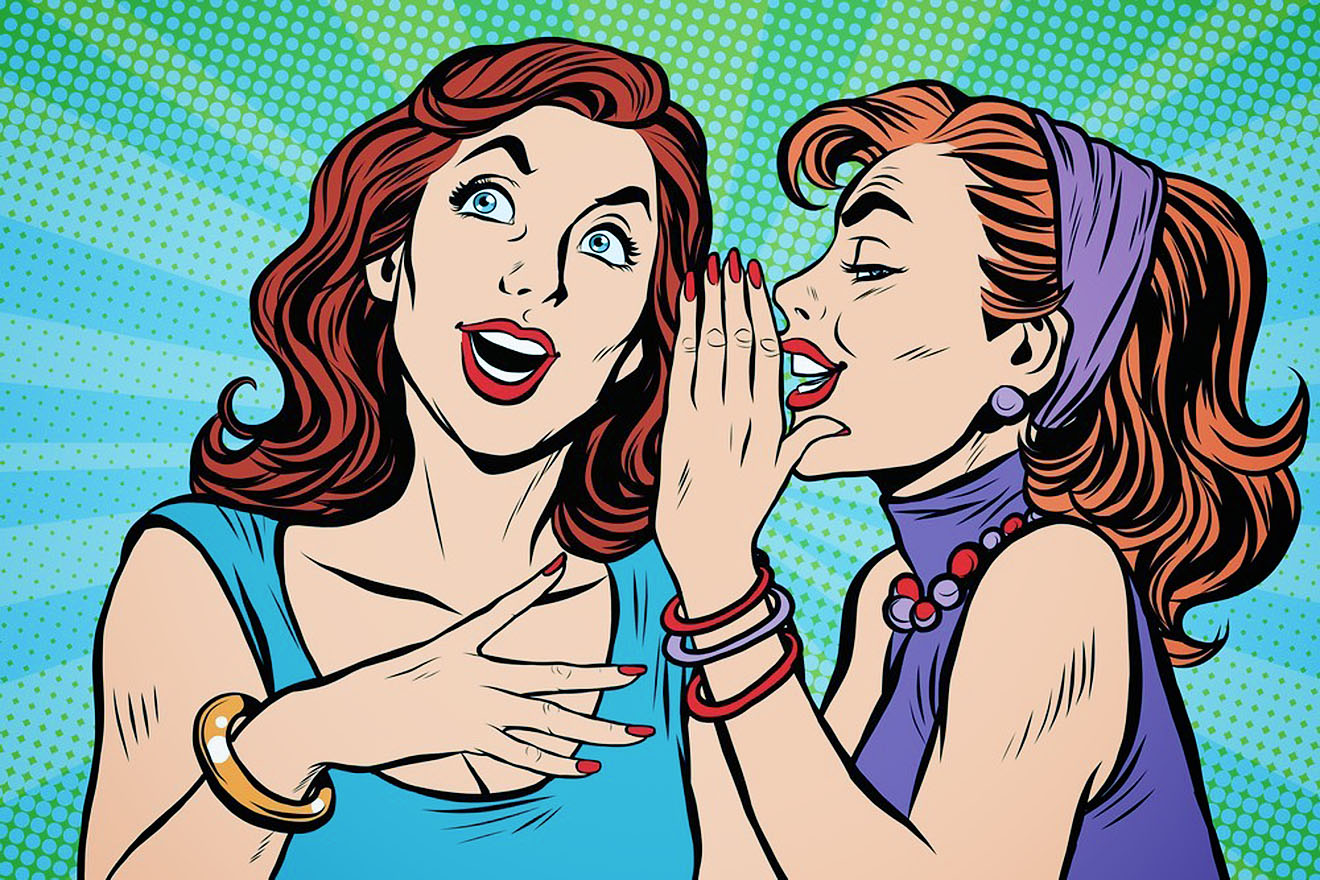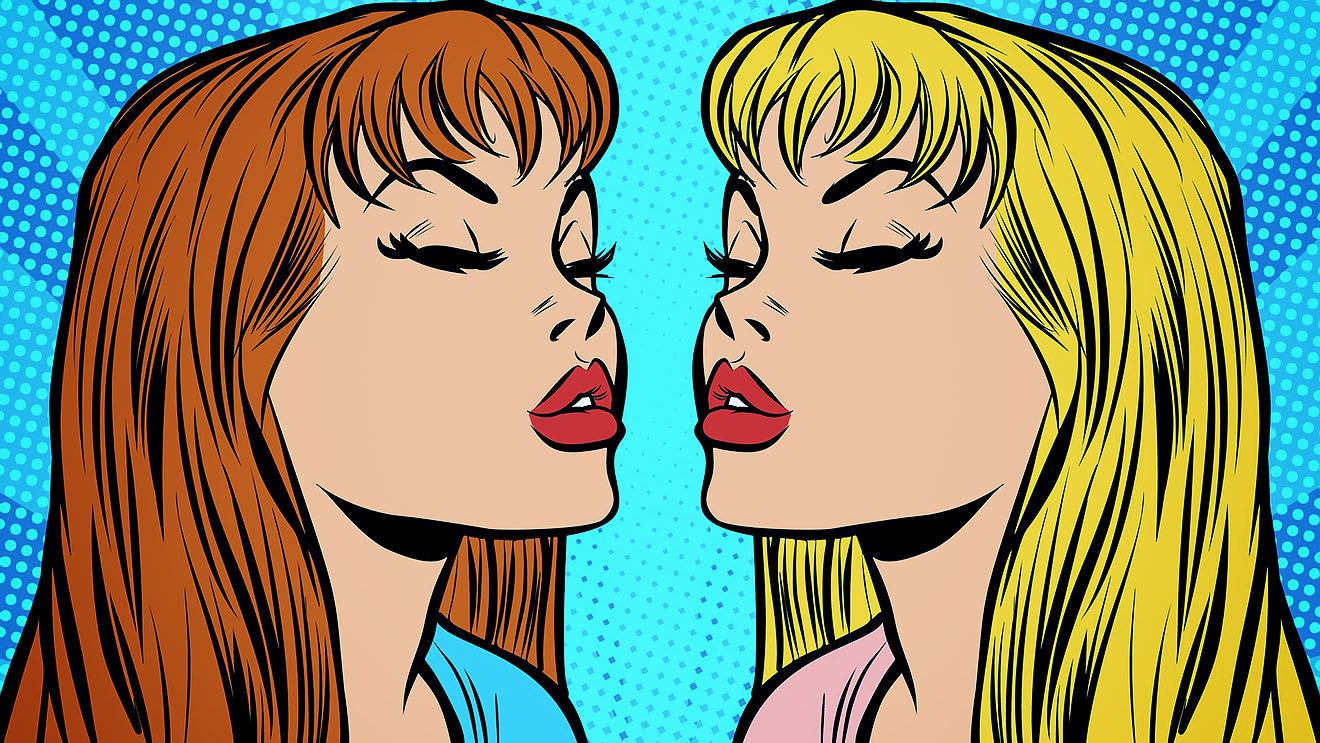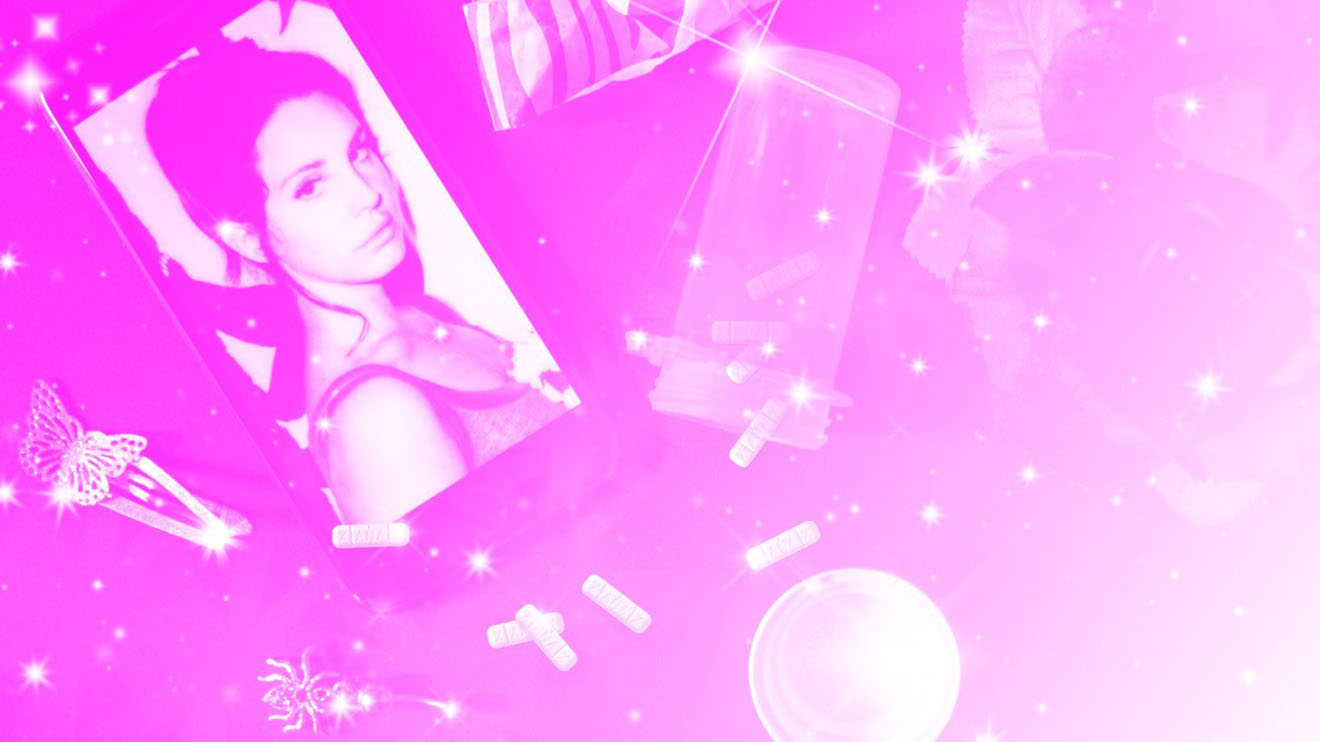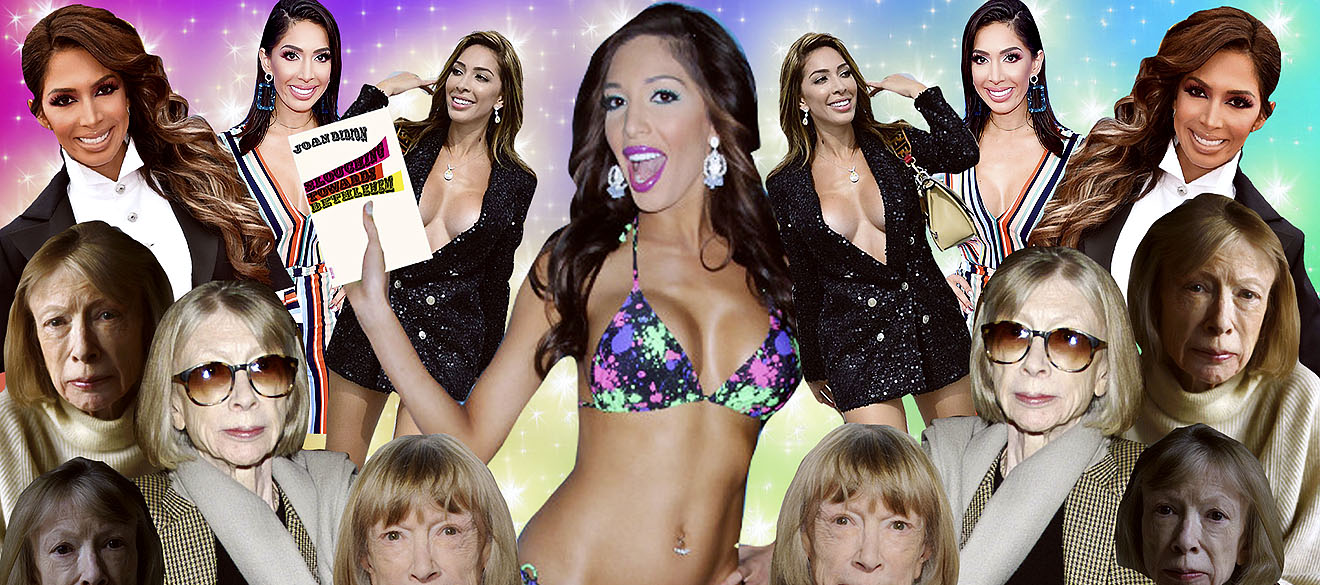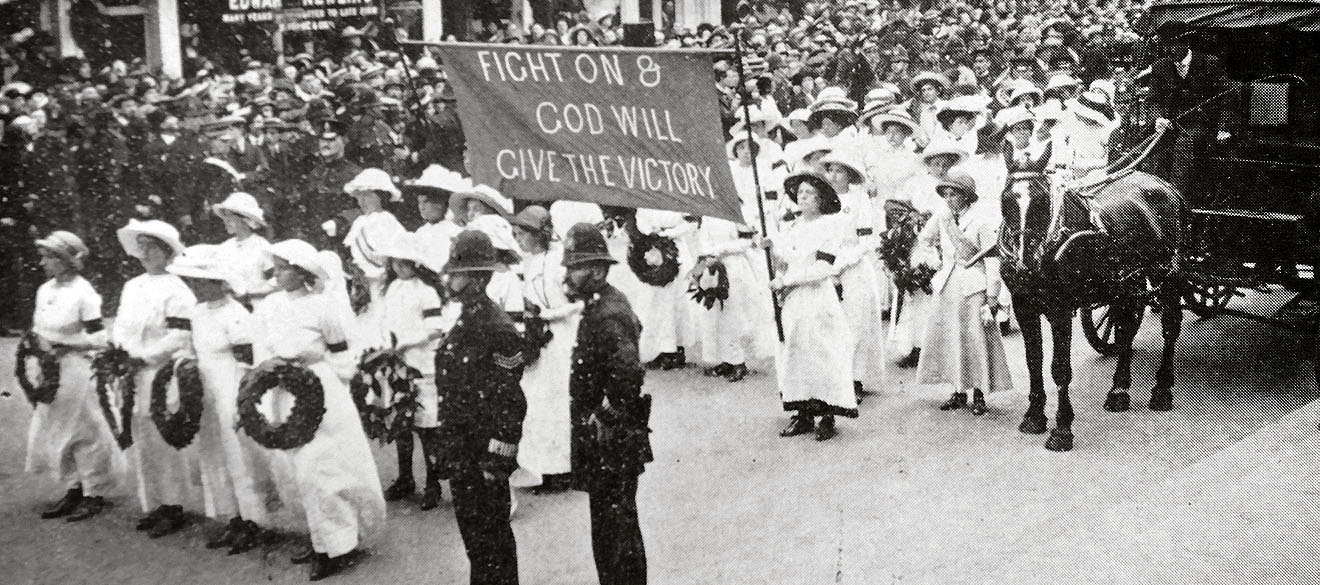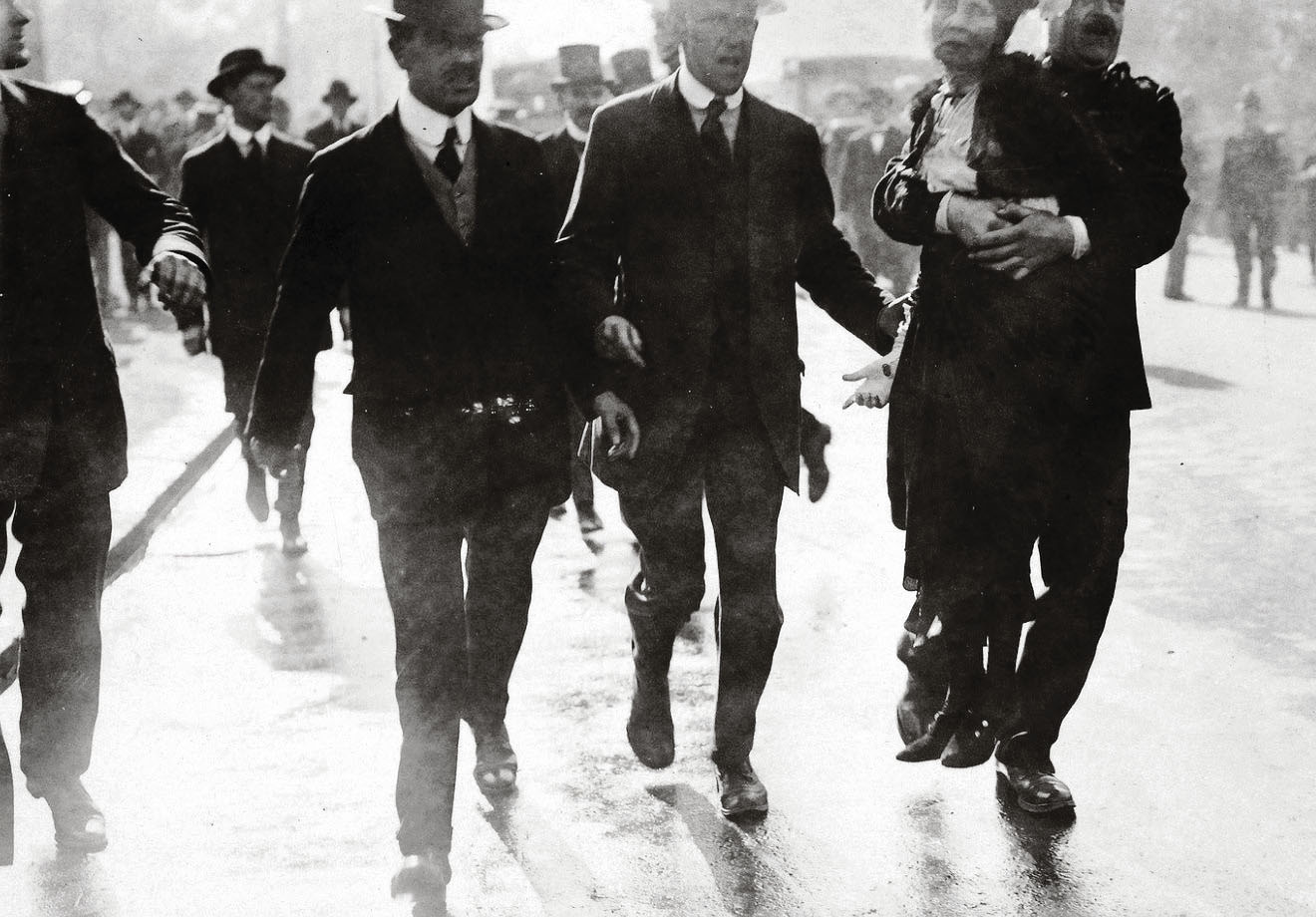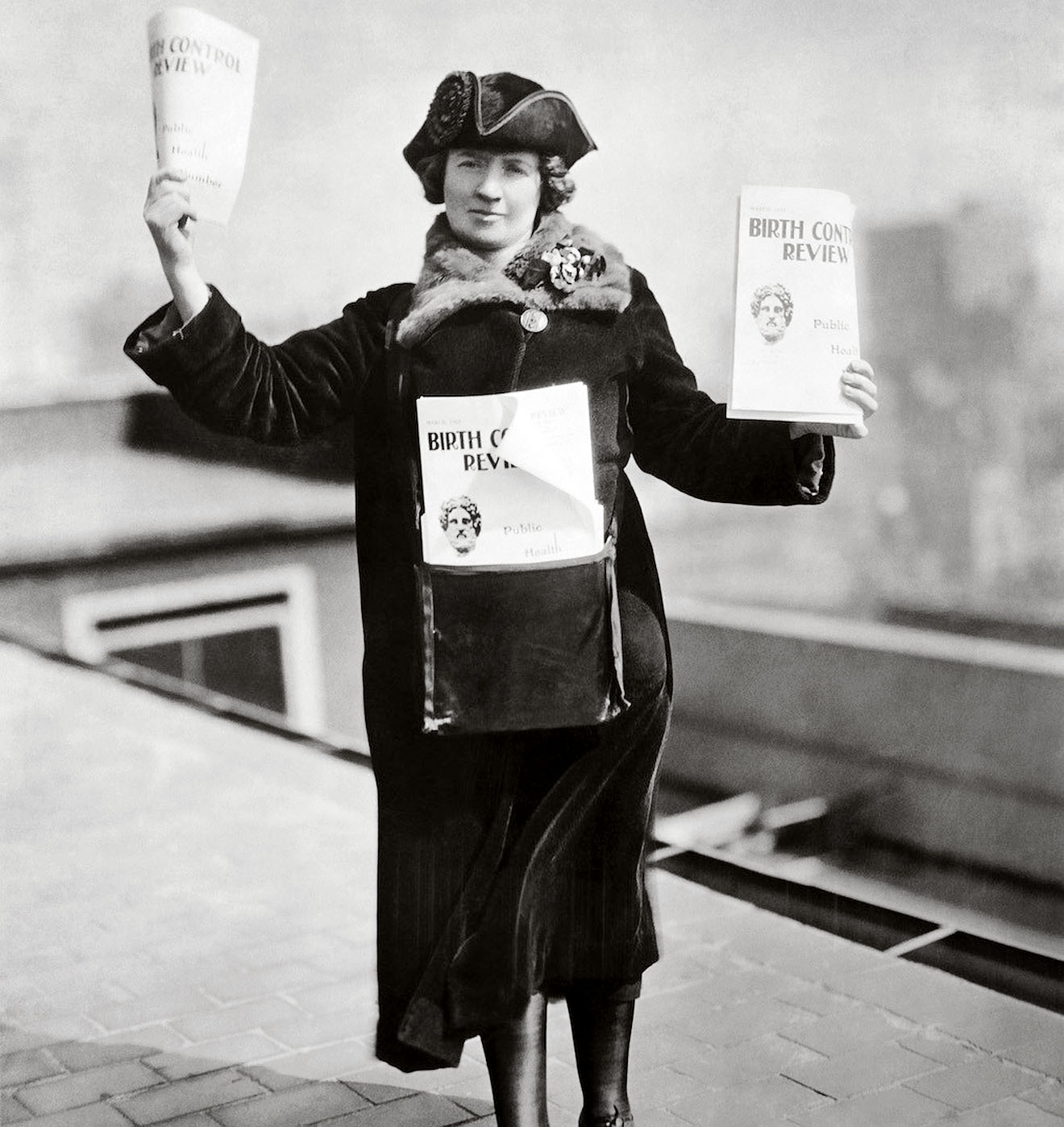THE CRIME
Bo Dietl and Tommy Colleran were hard, cynical New York police officers. But they had never heard of anything like this.
There were still other cops on the scene, moving about quietly, softly. The nun — a white, 30-year-old, sparrowlike woman — had been taken away hours earlier. Peter Christianson, from the sex crimes unit, came up to Bo and Tommy.
“Petey, what happened?”
“Bo, it’s fucking crazy. Two guys took a nun in there, punched the shit out of her, raped and sodomized her, stuck a broom up her and some candles, carved crosses all over her butt and breasts—27 crosses, Bo, with a goddamned sharpened nail file! They pissed on her, threw her downstairs, and left her for dead. And they may have used a crucifix, we don’t know. We’re checking all the crosses inside.”
Tommy suddenly hit himself hard in the chest. The thud made everyone jump.
“You’ve got to be fucking kidding. In a convent?” His eyes filled with tears. “Oh, Mother of God, they didn’t do that.”
“Oh shit,” exhaled Bo. “How is she?”
“We don’t know. She’s in shock at the hospital.”
“Have you got anything?”
“Well, we’ve got a couple of junkies who were in the building across the street that said they saw two black guys on the corner, one tall, one short with like a limp. They never actually saw them coming out of the place though, so maybe that wasn’t them.”
Bo and Tommy crossed the street and studied the convent from there. Behind it loomed a dark, four-story brownstone with a ladder leading down from its roof.
“That’s how they got in,” said Bo flatly, pointing.
“Since when have you heard of a sex crime with two guys doing it, Tommy?”
The other said nothing. He lit a cigarette and threw the match into the gutter.
“And if they were just sex guys, they would have gone straight through the front door, not entered through the friggin’ roof! These were burglars. The sex offense was an afterthought; these bastards came here to burglarize the place.”
For a moment the two cops stood still, breathing hard and steady, not speaking.
Like a wide asphalt canal, 116th Street bisects Harlem, running from the Hudson to the East rivers. Our Lady of Mount Carmel convent sits on the southwest corner of 116th and, ironically, Pleasant Avenue. This is the heart of the tiny Italian section: a poor, detached, defiantly white, and surprisingly safe enclave tucked in the corner of the city’s huge black and Hispanic community.
The convent is a plain three-story building, light-colored and clean except for a little pale-blue and red graffiti that ribbons its front wall. Inside, it is Spartan. The small group of nuns live in tiny rooms meagerly furnished, each with a cot bed, plain wooden chair, simple night table, and small cheap chest of drawers. The walls are bare, except where the sisters have hung holy pictures and crucifixes. Unshaded bulbs light the landings with their dead glow. The chapel is small and plain.
Facing the convent, a line of buildings and a vacant lot stretch out like a row of bad teeth with one missing. The buildings in East Harlem are either tenements or shells. They stand side by side regardless—uniformly soot-darkened and braided with rusty and uncertain fire escapes, poor men’s terraces. Some of the empty apartment houses are incongruously ornate under the dilapidation, like the dirt-stained and moss-covered, but probably once fine, marble headstones of a run-down graveyard. These buildings are boarded or bricked over at street level. But they are not entirely deserted. Creeping into them, with what is left of human instinct after even the need to eat has been forgotten, are the junkies, New York’s undead.
Tom Colleran turned to Pete Christianson. “How long did these animals…violate her?” he asked.
“Apparently about an hour 45 minutes, we don’t really know. She figures she was unconscious about 45 minutes. She came to at the sound of the noon church bells and called the precinct.”
“Jee-sus,” whispered Bo. “Who’s got it?” he asked.
“Sex crimes.”
“It ain’t a sex crime.”
They got back into their car and swung west along 116th, looking for the people who usually knew everything that went on locally. They stopped at Andy’s Colonial Tavern and talked to some of the people Bo euphemistically calls “Italian businessmen”; they had not heard about the nun being attacked. The officers continued down 116th, stopping in each of the narrowly fronted, brightly glowing cigar and grocery stores still open. It was the same everywhere. No one had heard about the atrocity or could imagine who would do such a thing.
As the terrible news spread across the neighborhood, the two cops discussed the possibility that the rapists were junkies on angel dust, a drug that can inflame its users with a mindless viciousness. So they decided to hit a junkie joint on 115th Street—an abandoned apartment in a tenement that drug dealers had taken over, reinforcing the door from inside and cutting a hole in it through which to sell their wares.
The two cops drove up and parked diagonally across on the pavement. Tommy went into the building. Bo got on the hood and silently pulled himself up to the fire escape. He waited outside the blackened second-floor window. From inside, he could hear voices and people moving around, then the rapid bang of Tommy’s gun butt at the door and his muffled voice demanding: “Police! Open this fucking door!” At the furious sound of the toilet flushing as the panicked junkies tried to get rid of their drugs, Bo crashed through the window, gun drawn, bellowing: “Freeze!” He rose quickly from the floor, one hand holding his gun, the other instinctively sweeping fragments of glass off his clothes. He ordered the door opened. Seething, Tommy entered clutching his 9-millimeter automatic with both hands and yelled: “Get up against the fucking wall!”
For an hour they questioned the junkies, who were scared and suggested anyone or anything that they could think of—all obviously worthless. By the end of their tour that night, Bo and Tommy had to concede defeat. The streets were dry.
For four days the story was kept out of the press. When it broke, what ensued was the thunder of a public’s grief and outrage and behind it the reverberation of their disbelief: New York has come to live with violence, even murder, and almost no longer notices it. But this was too horrific. It cast a gray pall, an odor of bereavement, over this normally dispassionate city and, while the nun’s desecraters remained free, suspended it there.
They probably would never have been caught but for these two anticrime plainclothes cops, both Catholics. The official police task force had 100 of the city’s top detectives, with nearly another hundred backing them up part-time. But after a week and a half had passed with no results, Bo Dietl and Tommy Colleran asked to have three days to work the case on their own: Bo had received a piece of information that was so weak he was embarrassed to report it, but he inexplicably believed it would lead to cracking the case.
Later, these two men would talk about their investigation as a mission from God, a miracle. At any rate, in three days they caught both rapists.
THE COPS
At the time Bo and Tommy had worked together for four years. All over Harlem they were known and, they will tell you, respected—others will say, feared. The truth is that in areas like Harlem there is no difference; the polite semantic distinction between respect and fear has long since been worn away and the two separate concepts have merged into an instinct, a reflex. “You can’t talk to these people,” says Bo. “You’ve got to whack them a few times before you can talk to them. You’ve got to get down on their level. If you try to treat them like gentlemen, they tell you to go fuck yourself.”
In his eyes you can see the hardness the street has engendered, and the instinct it has honed. But you can also see the sensitivity that drives him: Reflected in those bright, clear brown orbs are particles of all the tragedy he has witnessed in his 14 years as a cop. He retains it not morbidly or proudly but unavoidably. All good cops do. It collects on their souls like coal dust on a miner’s lungs.
Although only five-eight, Bo is phenomenally powerful, with the chest and shoulders of a bull and the arms and fists of a heavyweight. Instead of having the usual sepulchral features of a veteran cop, he is boyishly handsome. He smiles warmly and laughs easily, with the strange sound of his laughter seeming to end before it starts. He speaks rapidly, almost percussively, in a husky, cheery voice. Sometimes in his enthusiasm to say something he explodes it, an arm flailing up and backward in a reverse karate chop that is dismissal and acceptance at the same time.
But Bo’s extraordinary career has made him a legend among his peers; they can’t talk about him without smiling and gently shaking their heads. He has over 1,300 felony arrests to his credit—the average for a police officer is 12 a year. He seems to fear nothing and on the street the “skells”—felons, whom Bo describes as “low-grade scumbags,” as if to imply there are better grades of scumbag—fear him because they suspect he is crazier than they are. Bo encourages this fear. ”I’ll fight a guy,” he understates. ”I’ll get involved. I won’t shoot a guy, but I’ll immobilize his nose, mess up his day.”
But he has never fired at a suspect, preferring to rely on his strength and speed. He confesses, however, that his reluctance to shoot is an Achilles’ heel that may someday cost him his life. Once it nearly did: With gun drawn, he was backed all the way down an alley by a suspect with a knife, and was actually stabbed before overpowering the man.
Bo came to the “Two-Five” (the TwentyFifth Precinct, which covers East Harlem) in 1975. By then he already had a reputation for spectacular collars and intermittent brushes with authority. His partners had aptly nicknamed him “pit bull,” and Patrolman’s Benevolent Association official Paddy Burns had defended him so many times that he later joked that when Dietl became a detective, the promotion left Burns with 50 percent more time on his hands.
In Harlem, Dietl’s new lieutenant asked him if he would work decoy. They hadn’t done it before because it was considered too dangerous, but now the TwoFive had an assault and robbery epidemic on its hands. Bo readily agreed, as long as he could train his own backup team. Tommy Colleran was one of the men assigned to work with him.
Because Colleran resembles a latter-day frontier sheriff, and because he hero-worships John Wayne, the Two-Five christened him “Cowboy.” He stands a little over six feet and is erect, square, strong, and solid-looking, though he’s neither broad-shouldered nor particularly muscular. In fact, he looks older than his 42 years. He smiles appealingly, but his eyes are hard and penetrating—not unattractive or unkind, just unafraid.
He speaks in a voice absurdly low and deep, which actually becomes harder to follow the more he drinks—and it continues to get quieter, so that you move closer and closer to hear him at all, trying desperately to disregard all other sounds and concentrate on the low hum the way you would on a faint radio signal.
His fellow cops love to tell the story of the time he was shot and lying in a hospital with five bullets just removed from him. He wouldn’t let anyone tell his wife how bad he had been hit, so when she entered the room, she found him with his usual stoical face, trying to smile. She went to him and touched his shoulder, and he winced, saying painfully: “Careful, honey, I stopped a little lead there.” Shaking, she took his hand and he, again wincing, said (the Cowboy voice getting understandably weak): “Don’t touch me there either; I caught some lead there, too.” Astonished and frightened, she sat down and put her hand on his thigh. Once more, his face registered tremendous pain, and he forced: “Not there either, honey; I got a little lead there, too.” Whereupon, almost exasperated, she asked, “Where can I touch you?”
He had been off duty when he was shot. He and a partner were drinking uptown when the partner got into an argument with a black man. Finally, Tommy said he’d fight the man, who replied, “Sure, man, you’ve got a gun!” Tommy took it out of his holster, slammed it on the bar, and hissed, “C’mon motherfucker, let’s go, you and me.” When they got out to the street, the black man pulled a gun from his trouser belt and unloaded it at Colleran. Inside, the bartender screamed: “They’re shooting your partner!” but the other cop stayed frozen on his bar stool and said he didn’t hear any shots. After Tommy got out of the hospital, he went up to his partner at the station house and said: “There’s a lot of talk, Jimmy—listen, it was your argument, I got involved, that’s okay, I went outside—but there’s a lot of talk going around that you’re one big faggot.”
Colleran lives for being a cop. His father, whom he calls “the toughest man I ever knew,” was a policeman and a rebel in the IRA in 1916 “when it really was an army, really fighting for something, and when it never would’ve killed children.” Tommy also tells you, in an almost reverent tone, that he was shot in exactly the same places as his father had been a half-century earlier.
Tommy sees himself as a pro’s pro and appears only to be really comfortable in the company of other cops. Until recently he spent his entire career, starting in 1970, at the Two-Five. He has been shot at 22 times, if you count the bullets, which he does, on seven separate occasions. He once killed a man in a fierce shoot-out on 118th Street under the rusted girders of the Park Avenue el. For four years afterward he had nightmares, although his action had been entirely justified—the man having fired at him from point-blank range. When he went to see the mother, to offer his condolences and explain what happened, she thanked him for shooting her boy. All these years later he is still affected by that: “Slap my face, get mad, scream at me, do something, but don’t thank me for killing your son!”
From the beginning, Bo liked working with Tommy. They matched as perfectly as they contrasted. When they worked decoy together Bo asked Tommy to make him a promise. “One guy got his throat slashed from ear to ear, and I was always afraid of getting stabbed in the back. So I said to Tommy, ‘You want to back me up, there’s only one thing I ask you. If I get it, if I buy it, I only want you to do me one favor: I want you to get him, and I want him to die, too. That’s my biggest thing—if he kills me, please, you kill him.’ And I used to go out with that; if somebody got me, at least Tommy would get him. Once I had that in my head, that made me feel so comfortable out there.”
Bo was the motivator of the partnership, the leader. But it was the chemistry between the two that made it work so well: the balance of indomitable scrapper and thoughtful, quietly dependable backup; affable extrovert and stoical introvert.
Bo recalls, “The great thing was, Tommy believed in me. When he believed in me, he made me believe in myself. If I quit, Tommy would quit, and I didn’t want to quit, because I always wanted to show Tommy: Lookit, we can do it.”
In the months preceding the nun’s rape, Bo and Tommy were on a roll—every case they “pulled down” was a success.
THE CASE
Although Bo and Tommy were not assigned to the rape investigation and had their hands full with other cases, everyone they knew, especially the Italians in Harlem, kept pressuring them to “go after the nun-rapers.” The Italians regarded Bo and Tommy as different from other cops and trusted them in a particular way: They liked and respected Dietl and Colleran precisely because the two were not pure. Honest, yes, and dedicated lawmen certainly, but men who, like themselves, understood and still retained the raw vulgar texture of the streets. So the community residents expected more, too; they expected, without consciously thinking about it, the two cops not merely to understand, but to share their outrage.
On the second Monday after the rape, Bo was drinking alone at the bar in Rao’s, one of his favorite neighborhood hangouts. Once again, the regulars asked Bo what he was doing about the nun’s rapists and expressed their clear opinion of the rest of the police force. At the end of the night, Vinnie Rao motioned Bo into the kitchen, where he imparted to the lawman a single strand of information that he hoped could become a rope. “Bo, I don’t know if this is anything, but I was sweeping outside the other day, and some guy came up to me and said: ‘If you want the guys who raped the nun, they come from 125th Street.’ Then he kept walking through the park.”
It did not matter to Bo that even a child would have seen that this was no real information. Even a child would have screamed back at the old man standing in the glare of his scrubbed and ancient kitchen: “This doesn’t help us, don’t you see? It wouldn’t do much for us even if this guy told you he did it himself!” It didn’t matter what a child might have said—because this time the child would have been wrong.
From Rao’s, Bo went to the Adam’s Apple. About 2:30 in the morning, the place virtually empty, Bo’s friend Felix slid into the seat next to him and asked the usual question. Bo just looked at Felix, and he felt as if a sledgehammer had suddenly come down on his head. He spurted, “Felix, we’re going to break that nun case!” Everything inside him had suddenly exploded in a brilliant flash. It seemed to him that he and Tommy had been singled out by God to rectify a terrible wrong, and for that inspired moment everything came together in his vision of certainty—their recent successes, their measure of Harlem, the faith everyone placed in them, and Rao’s morsel of vague hearsay, which Bo suddenly and inexplicably knew was the absolute truth.
The following day, Bo said nothing to Tommy. He called Pete Christianson and repeated what Rao had told him. Christianson confirmed that the old man had given other detectives the same information when they questioned everyone in the neighborhood. And Pete told Bo what he already knew—that it didn’t mean much. They had received hundreds of similar tips.
“Pete, have you got anything?” Bo asked before he hung up.
“To be honest, we don’t have a damn thing. Nothing. You might as well work on this as anybody.”
The next day, when they were finished working, Bo told Tommy he’d meet him later at the corner bar; he had to go see someone first. He went to the precinct captain, Louis Fortunato, who congratulated him for recently solved cases.
“Okay, I’ve got one for you now,” declared the stocky cop leaning over his superior’s cluttered desk. ”I’d like three days to work on this nun case with Tommy ”
“What d’you mean?”
“I’ve got a little information.” He didn’t want to go into it, but the look on Fortunato’s face insisted, so he continued, “Cap, we got some information from our people. It ain’t much, but we might have something. You might think I’m fucking crazy or something, but all Tuesday I was shaking. It was like I was hearing voices or something.”
Fortunato gave Bo three days.
He hurried to the bar and told Tommy.
When he finished, Tommy studied his partner and said, “We’ve got just about shit here. There’s no evidence, nothing.”
“No, Tommy, listen, I feel it in my bones! I don’t know what it is, something spiritual maybe; I can’t explain, but I got the strongest fucking feeling I ever got.”
“You’re out of your fucking mind.”
Bo persisted and the more they drank, the more Tommy began to believe they had a chance. “All we can do is sonofabitch try, right Bo?” They drank until 2:00 A.M. before finally deciding to get some sleep. Outside they hugged and kissed like brothers—as they always did when they separated—and Bo shouted after the retreating form of his friend, “Tommy, you better be there, Tommy. Eight o’clock, we’re starting this thing off.”
They met at the precinct, hung over awfully, and the first thing they did was get a can of beer to take the edge off the way they felt. Then they started at the East River and worked west along 125th Street. Sticking to their original hunch that the rapists were burglars, and remembering the junkies’ description of the tall and short blacks they had seen by the convent, Bo and Tommy went from building to building, questioning everyone about a “Mutt and Jeff” burglar team. They had a composite drawing of what one of the men might have looked like. Showing it to each potential witness, Bo flatly inquired, “You know anyone who looks like this Mutt?”
They continued this type of elementary, painstaking questioning until midnight. Then, exhausted and wanting a drink, they decided to call it a night and go to the corner bar.
As they walked from their car to the bar, Tommy said, “This is getting futile, Bo.” And Bo himself was thinking, I’m playing with myself. We ain’t gonna catch anybody like this. But he didn’t let on to Colleran. Inside they found their sergeant, Bob Stephens, and a couple of others from the squad.
“What the hell are you guys working on?” asked Stephens.
“The captain gave us special permission on the nun case.” Bo told them what he and Tommy were doing. The others, except Stephens, laughed. Bo burned inside. “We’re going to break this case,” he said, more hurt than angry.
They played poker in the back of the bar and continued drinking. At about 4:00 A.M., Bo announced, “C’mon Tommy, let’s go, it’s time to work again.”
They drove slowly up Park Avenue and witnessed what they had seen a hundred times before: the savage landscape of Harlem mysteriously softened by the kindness of night. The burnt-out buildings that in daylight soundlessly glared with their charred, sardonic grimaces, now dissolved into the dreamlike darkness—the darkness itself stained by the gentle frozen light of street lamps, by the burning white eyes of the few cars gliding and bumping over the roads like giant rats hurrying along a corridor, by the now limp, then furious light of the all-night grocery stores and fast-food places, and by, where it is seen between the impervious and sleeping buildings, the city’s reflected iron glow in the sky.
The only people on the streets were prostitutes, pimps, and nickel- and dimebag pushers. Bo and Tommy got heavy with all of them, threatening to lock them up every night from now on if they didn’t come back with information.
They worked through the not-morning, while the pimps and prostitutes disappeared, withdrawing like shadows banished by the fuller light, and were replaced by the thick flow of humanity that surges through Harlem by day. Around noon, a Hispanic informant directed them to a nearby tenement. Inside, said the man, lived a burglar named Harold Wells. Wells had a friend, a short guy, who had helped him rip off a discotheque owned by a Harlem mobster, Nicky Barnes.
The building, at 62 East 125th Street, was five stories high, dirty brown, and partially abandoned. Inside, garbage was strewn on the floor and stairs, and its smell permeated the narrow hallway. Bo knocked at the first apartment. Through the door, he and Tommy heard a girl calling, “Cops are here, cops are here!” The door opened, and a crowd of youngsters, giggling and slapping each other quiet, faced them. In the background, Bo thought he heard the sounds of a couple in bed.
“Where’s Harold?” he asked.
“He lives upstairs, second floor.”
“Does he have a friend he hangs out with?”
“Yeah, a short guy.”
“What’s he look like? Does he limp?” All the kids were talking at once. Someone said, “No, he walks with a bop.”
“He walks with a bop?” In the hallway, Bo imitated an exaggerated ghetto bounce.
“Yeah, he walks like that!” shrieked one of the little girls.
Bo looked at Tommy. “Which apartment does Harold live in?”
Someone told them and they went to it. An old man with a glass eye opened the door. He was Wells’s stepfather and the building superintendent. He invited them into an untidy but clean single room with the kitchen in the center. The pale, colorless light of indirect sunshine washed the room. A pretty, wide-eyed three-year-old girl sat on the couch.
The two cops explained about the nun and showed their drawing. The old man shrugged; it didn’t look like Harold, he said. He was cordial but evasive, saying that he hadn’t seen his stepson for a week. Finally, Bo handed him a card. “Lookit, please call if you hear anything.”
They crossed the hall to an abandoned apartment into which a cable ran under a slightly ajar door. They pushed it open and entered. The apartment was dark except for a candle flickering on the floor. Suddenly a huge, seven-foot-three black man tried to slam the door shut. Bo and Tommy pulled their guns and shouted, “Police!” The giraffelike black man stared murderously at them.
“We’re not looking for you. Chill out, chill out!” screamed Bo. “I don’t give a fuck what you’re into! I want info on your friend Harold.”
“He hangs out with Max. I haven’t seen him since Monday. He lives with the old man.” His voice was tremendously deep, and his eyes were wild. When he was sure the cops weren’t interested in him, he became extremely cooperative, telling them that Harold’s nickname was “Chicago” and that Nicky Barnes’s men were looking for them. No, he didn’t know anything about the nun.
They went back to the old man: “Look, don’t fuck us around! Where’s Harold?”
“I haven’t seen him since Monday,” he replied sheepishly.
“All we’re concerned about is the nun case. We don’t give a fuck about any of these other burglaries.”
They left the building and continued along 125th. By late afternoon, they were deep in the heart of Harlem and going through the projects. The evening turned nasty as a tremendous rainstorm crashed over the city.
They drove to the Colonial, parking right outside and dashing through the torrent into the restaurant. Inside, they slapped the rain off themselves, and Bo kissed the Italians at the bar and told them he was working on “the nun caper.” He lamented, “I think I fucking missed the guys that did it. I think we missed them. I feel these are the freakin’ guys. I don’t know what Tommy feels.” He looked at his partner, then turned back and blurted: “Tommy feels like another scotch and soda!”
Their seafood salad arrived and Tommy, still just drinking, didn’t eat. He stared at his gleaming plate of octopus, calamari, and shellfish. “C’mon Tommy, eat,” implored Bo, his mouth full.
“How can you eat that fucking stuff?” returned the other. “I never eat anything that has one eye and looks back at me.”
The phone rang at the bar. It was for Bo. When he returned to the table, his face was deadly serious. “The old man just called. The precinct is looking for us. He’s got info, let’s go.”
They raced back to the precinct, picked up Bob Stephens, and then tore up Park Avenue to 62 East 125th Street. The old man opened the door to their knock and looked cautiously along the corridor, then invited the rain-soaked cops in.
Two black women in their fifties sat on the couch, silent and apprehensive. The little girl was still there, awake, now lying on the bed propped on her elbows. Bo and Tommy went with the old man to the kitchen table.
“What’s up?” Bo asked.
“I don’t know if my stepson did anything, but…he was here earlier.”
“Listen,” interjected Tommy softly, “wouldn’t you rather him be vindicated in your own mind? Cooperate with us and we’ll talk to him.”
The old man nodded. “Let me tell you something: If my stepson had anything to do with this nun rape, I want to know,” and he jabbed himself in the chest, his glass eye peering in one direction, his good eye looking straight at Bo.
“I should have called you earlier,” he went on. “After you guys were here this afternoon, Harold came here. He had a girl with him. When he heard you were looking for him, he asked me for money. I gave him money, and he left for Chicago with his girl. They went from Port Authority. He was very nervous. If he had anything to do with raping the nun, I want him to be caught.”
Stephens’s and Tommy’s eyes widened; Bo was shaking in the chair. “What time did he leave?”
“About five o’clock, for the Port Authority.”
It was 11:00 P.M. now—Wells would have been on the road six hours. Even though Bo was cautioning himself, This is still nothing, we haven’t talked to the guy yet, he was so excited that he bounced up and kissed the old man, telling him, “There’s a $10,000 reward. You’re going to get it if this is the man who did it.”
“I don’t want any reward. If my stepson had anything to do with this, I want you to arrest him.”
Emotionally, Bo hugged him. “l love you. You don’t know what you’re doing for us! If ever I can help you with anything in your life, you call me and tell me.”
Back at the precinct, Bo phoned Captain Creane, who was with the task force, and told him about the old man. Creane told Bo to contact the sex crimes unit. But it was midnight and no one answered. When Creane called back, he told Bo that he had just spoken with Inspector Sibone, then chief of detectives for Manhattan North, who remembered them from a previous case. Sibone said that if Dietl and Colleran thought they were onto something, then he would be willing to take it seriously. Moments later, Sibone himself called.
“What have you really got?”
“Inspector, I don’t know what we fucking got, but I’ve got the strongest feeling I ever had in my life. We got a guy on the run to Chicago because he heard we were looking for him. He’s definitely a burglar, and he’s tall and works with a short guy that bops, and those might be the guys those skells saw at the convent. We haven’t spoken to the fucking guy, but I think he’s one of them.”
“Okay, I’m authorizing you to fly out there. See what flight you can get.”
They phoned the airports, but there were no more flights leaving that night for anywhere. It wasn’t even possible to charter a plane.
Bo got a brainstorm. He called the Chicago police violent crimes section. A Sergeant Kelly answered.
“Lookit,” explained Bo, after telling him the background, “we’ve got a guy coming out on a bus, a possible suspect. We haven’t talked to him, but you’ve been a cop a lot of years, and my partner and I have got a feeling that’s unbelievable. We want you to follow him when he gets off the bus.” Kelly willingly agreed—the Chicago papers had been full of the case, too. Bo described Wells from a photo the stepfather had given him. “Just follow him, now, till we get there. Don’t pick him up,” stressed Bo.
When Sibone called back, Bo told him what he’d done, and the inspector said he’d see them both in the morning. The two cops could not go to sleep. Instead, they spent the night trying to piece together an ID on Wells. They couldn’t. He had no previous record.
Sibone arrived a little before 7:00 A.M. Tommy was out getting breakfast. Suddenly the phone rang. It was Sergeant Kelly. “We’ve got your boy!”
Bo went cold all over. “What do you mean, you’ve got our boy? You’re supposed to follow the guy, not grab him!”
“No, no, no,” protested Kelly, “he ‘fessed up to everything.”
“Why’d you pick him up?” stammered Dietl.
“He got off the bus with his girlfriend and he told us everything. All the details. He was afraid the mob was going to get him.”
Tommy had returned and was standing over his partner, their breakfast on a tray in his hands. Bo abruptly leapt up and threw the tray into the air. “Tommy, we got him!”
For the next few minutes, mayhem erupted in the precinct. Like an inflated but untied balloon released, Bo tore through the station house. He came back into the squad room and he and Tommy bear-hugged.
Wells had named Max Lindeman as the man with him at the convent. Tommy recognized the name—he had locked him up during the 1977 blackout for looting. Now Tommy called home and woke up his son to locate Lindeman’s record in his dad’s arrest files.
Meanwhile, Bo ran outside, took one of the blue-and-white radio cars, and, with lights flashing and siren wailing, rushed over to 116th Street to yell the news at the waking neighborhood—screaming out the window in a voice soon hoarse from the effort and brittle from accumulated exhaustion and exhilaration. Some old Italian widows on their way to early morning mass, dressed all in black and looking like ageless and enduring crows, came up to the car that he had stopped in order to speak to them. As he told them the news, he could see the emotion on their faces—faces that looked as if they had long since exceeded the time when it was necessary to express emotion—and he heard their ancient, weak, but indomitable voices blessing him.
He went to the convent and told the nun who answered the door that he and his partner caught the rapists. They hugged each other, silently, for a moment. From there, he went to Rao’s, pounding on the restaurant door till Vinnie, still half asleep, irritably opened it. Bo planted a big kiss on his cheek and spurted, “We got ’em, the guys that raped the nun!” Rao’s face lit up and then they, too, embraced.
When Bo returned to the precinct, he found it full of police brass, case investigators, and press. The squad room was as crowded as a platform waiting room after a train has been canceled, and just as impatiently tense. But Bo discovered that he and Tommy were being pushed out. All over the station house, meetings were being conducted without them. He couldn’t even get to speak to Sergeant Kelly again; the sex crimes detectives had him exclusively. To add to the insult, some task force detectives were wandering around dousing enthusiasm by saying they didn’t think Wells was guilty—they suspected the Chicago police had beaten a confession out of him.
Bo and Tommy became as depressed as they had been elated. And then Bob Stephens walked quietly over and said, “Let’s go get Max.” In the confusion, everyone had forgotten about Lindeman.
First the trio went to his mother’s address, but found only her and her boyfriend there. Like three crazed men, they hit the most likely junkie joints, broke down doors and grabbed junkies, slapping them around and putting their heads down toilets—”Where’s Max? Where’s Max, you fucking junkie!” they shouted each time.
Eventually they returned to the precinct where there was a message waiting. Max’s mother had called: He was with her now and wanted to surrender to Tommy, who, he remembered, had bought him a packet of cigarettes when he was in jail in 1977.
So Tommy went to collect the fugitive. Lindeman walked into the squad room between Stephens and Colleran, almost hidden by the two much larger men. Lindeman was very short, just over five feet, and wimpy looking, though with an attempt at arrogance.
“Your partner gave you up in Chicago,” growled Bo.
“Fuck you, I didn’t do nothing,” spat back Lindeman.
Bo’s mind went black and the anger burst inside him. He threw a punch into Lindeman’s face, sending the man sprawling across the wall of the interrogation room. Tommy jumped on Bo and held him down while his partner seethed at Lindeman through gritted teeth: “You fucking scumbag! After what you did—what did you do in there? How did you rape that nun?”
Lindeman was against the far wall holding his face and pleading, “Keep that little guy off me!”
“What happened out there? WHAT DID YOU DO TO THIS NUN? Let me go, Tommy, I want to shoot this motherfucker now!”
Tommy held on and dragged him out of the room. “Bo, just take it easy, take it easy.”
Bo calmed down and went into the viewing room where he could watch and listen to the interrogation. For four hours, Pete Christianson and Danny Ruffle, from sex crimes, and Tommy questioned him, never losing their patience, although not getting anywhere with the frightened, 22-year-old suspect who kept repeating, “I don’t know what I should do….” To which Tommy would reply, leaning forward with a soothing voice that sounded like a priest’s, “You’re going to have to answer to that man upstairs. Cleanse your soul.” When he could see that they were getting absolutely nothing out of Lindeman, Bo would burst into the room and pretend to go for him, screaming that he was going to let him go so the Mafia could get him, while the others “restrained ” him. After each explosion, Lindeman would be nervous for a while and talk, but still deny being in the convent.
Once more, the people in the squad room were saying they didn’t think this was the rapist. Detectives stood with Bo in the cramped dark viewing room, leaning against the filing cabinets or sitting on the spare desk and watching the proceedings going on in the brightly lit room next door. Repeatedly they shook their heads, “Dietl, this ain’t the guy.”
Now it was late afternoon. Bo was watching alone—leaning forward against the lighted glass like a child pressing his face against the window of a closed toy store on a dark Christmas Eve, any sense of how long he had been there, or in how much discomfort, washed away by his obsession with what lies on the other side of the glass—when Lindeman, alone with Danny, suddenly but slowly dropped his head into his hands and mumbled: “We were smoking dust that day and all I remember is grabbing the nun…”
A sensation more intense than any Bo had ever known overwhelmed him. He described it later as “20,000 of your best orgasms rolled into one.” For a second he didn’t move. Then he flung open the door and burst into the squad room. It was mostly empty now. Tommy was smoking and talking with two cops from the DA’s office.
“Tommy, he ‘fessed up,” Bo shouted. “We’ve got two guys, now, in two places, that said they did it! Tommy, it’s over! It’s over!”
TWO YEARS LATER
It was a summer evening. Bo and Tommy had been reassigned to different precincts in Brooklyn soon after they broke the case. But they had returned to the Two-Five for a retirement party.
They came off the East River Drive at 116th and stopped the car opposite the convent. A few lights shone in windows on the corner of the dark street. In the car, there was only the glow of the dashboard as Bo spoke quietly to a friend in the back seat.
The rapists had been able to cop pleas, Bo explained. Because the nun didn’t want to testify, Lindeman got 20 years and Wells 15 years. In fact, Bo said, the nun even forgave her assailants and prayed for their souls.
The friend asked if they ever met her.
“No. The only contact we ever had with her was after we cracked the case; she sent Tommy and me a dozen red roses, and said she would say a prayer for us every morning for the rest of her life.”
For a moment, no one said anything. Then Bo broke the silence. “We don’t go to church every Sunday, but believe it or not, after we broke the case we started to go.
“Everybody said it was great police work, but I go beyond that. Did you ever believe in miracles? We had nothing, but we were steered to take on the case, we were steered to go to the building where the old man lived: It was a miracle.
”And after that,” he continued shortly, “nightly we would be drinking up at the corner bar, me and Tommy would start hugging. This was months after. We would get a feeling sitting there talking where our whole bodies would go into a thing and the chills would come back. And I’d say to Tommy, or he’d say to me, ‘We did something, Tommy, something no one else could have done. And they can never take it away from us!’”
The car was purring, the engine still on. Bo turned to face his friend behind him and, his eyes alive with the recollection, told how his young daughter had brought some of his clippings to school and declared: “My daddy is a famous detective. He raped and killed a nun!” Then he roared the laugh that exploded over everyone else’s—”Aaahahaa!”—threw the car into drive, and lurched it away from the curb toward the party.









